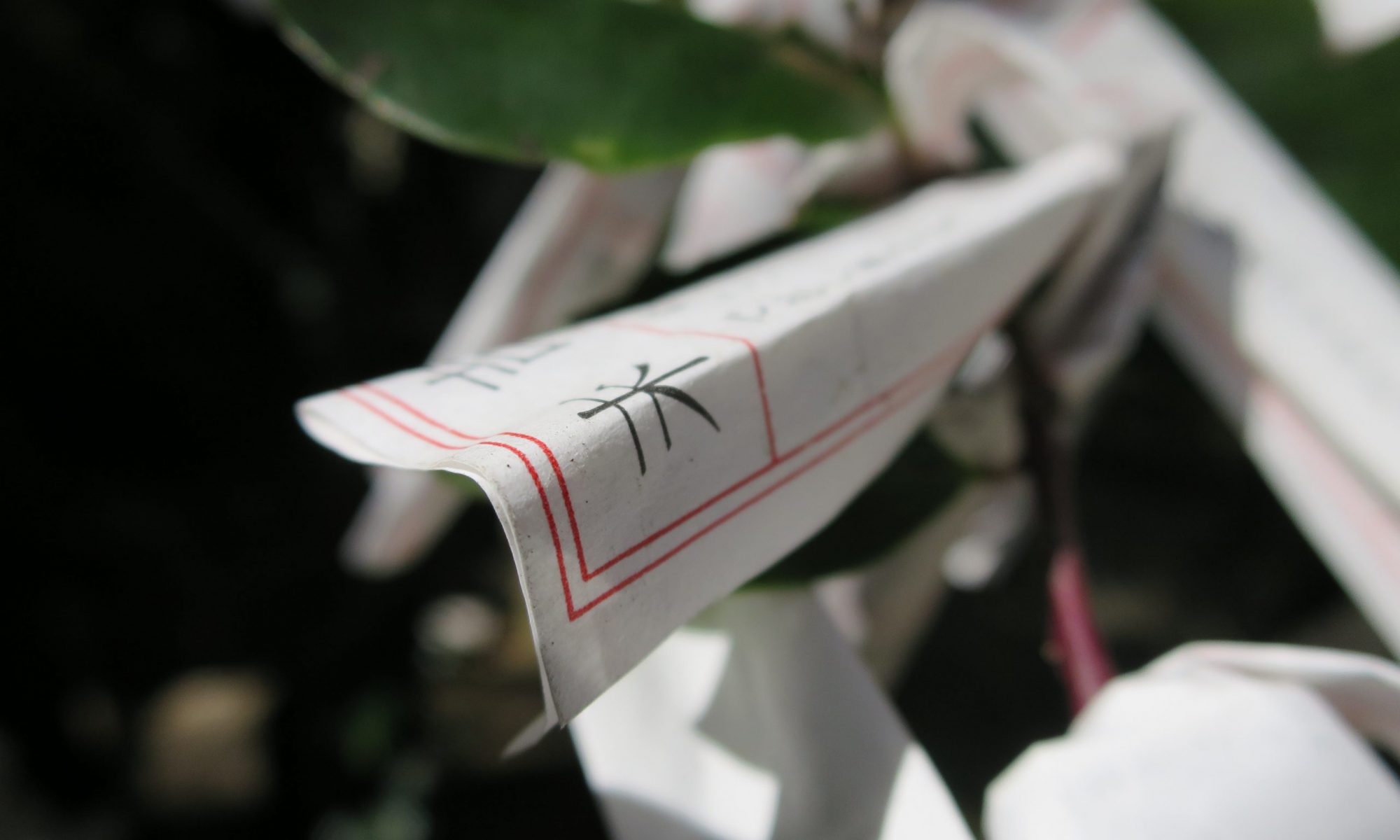A quick side note before we start. This post was originally supposed to be about how I have started practicing Japanese on Duolingo in preparation for our trip. However, as you will see it quickly spiralled into something quite different and much more personal. I hope it will inspire you as it did me.
“Losers have goals. Winners have systems.”
– Scott Adams, quote from the book ‘Tools of Titans‘ by Tim Ferriss
This quote really resonated with me. It wasn’t until I read it that I realised I have never really liked setting goals for myself. Somehow it feels too aggressive, like I am setting myself up for failure or at the very least putting a lot of unnecessary pressure on myself.
Yet the practice of setting goals is so deeply engrained in our culture. We are taught to always work towards something, breaking larger goals into smaller attainable ones, that we can then proceed to cross off our to-do lists.
I’m sure goal setting works really well for some personalities. However, for someone like me, adding more pressure is seldom a recipe for success. As I read the quote I realised that I have always felt like this mentality put me at a bit of a disadvantage. After all, I was so often told that if you can’t find a specific goal to work towards – (and from here it’s not a long step to finding “ones true purpose in life”) – you won’t get very far.
I also realised that the “method” I have been adhering too for many years, without consciously knowing it, is much closer to the second one Scott mentions. I am all about the systems (or we could call them habits/rituals/daily practices etc.). And this way of doing things have actually gotten me to some pretty cool and unexpected places. An example:
Some of you may know that I am a yoga teacher. That is not because I set a goal for myself the day I started practicing yoga that “I am going to practice really hard and then in 5 years I will go to a teacher training and become certified”. Rather I realised after some years that I really liked how it made me feel and so I incorporated it into my daily routine. This lead me to practice more frequently for short amounts of time (keeping it simple is the key to success here), essentially turning my yoga practice into a habit or a “system” as Scott puts it. Becoming stronger and more flexible was a byproduct of this habit and in the end it is what gave me the confidence to turn it into a profession.
The quote also ties up nicely with my belief that learning something, whether by design or circumstance, is never wasted. You might be starting a new job in marketing and realise that all those hours you spent watching music videos on MTV (remember the 90’s?) give you an unexpected nag for producing visual content. Or it could be that you are starting swimming lessons and realise that all those hours spent at your miserable waiter job have provided you with a set of pretty strong arm and leg muscles.
Humans are very bad at observing small incremental changes. We continuously overestimate what we can do in a week, but at the same time greatly underestimate what we can achieve in a year. Consciously designing systems that give you energy, make you happy or in other ways feel meaningful to you is almost guaranteed to open up some unexpected opportunities down the road. The power of deliberate daily practice is hard to overestimate.
For more on this check out the books ‘The power of habit‘ by Charles Duhigg or ‘Tools of Titans‘ by Tim Ferriss.
